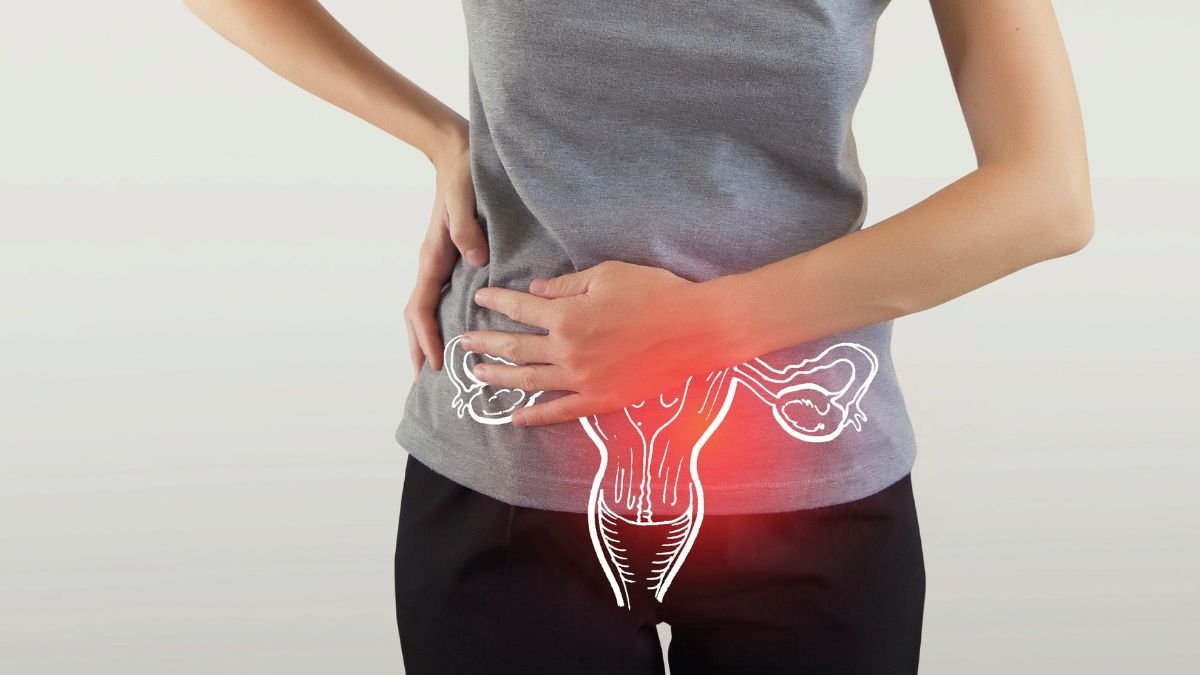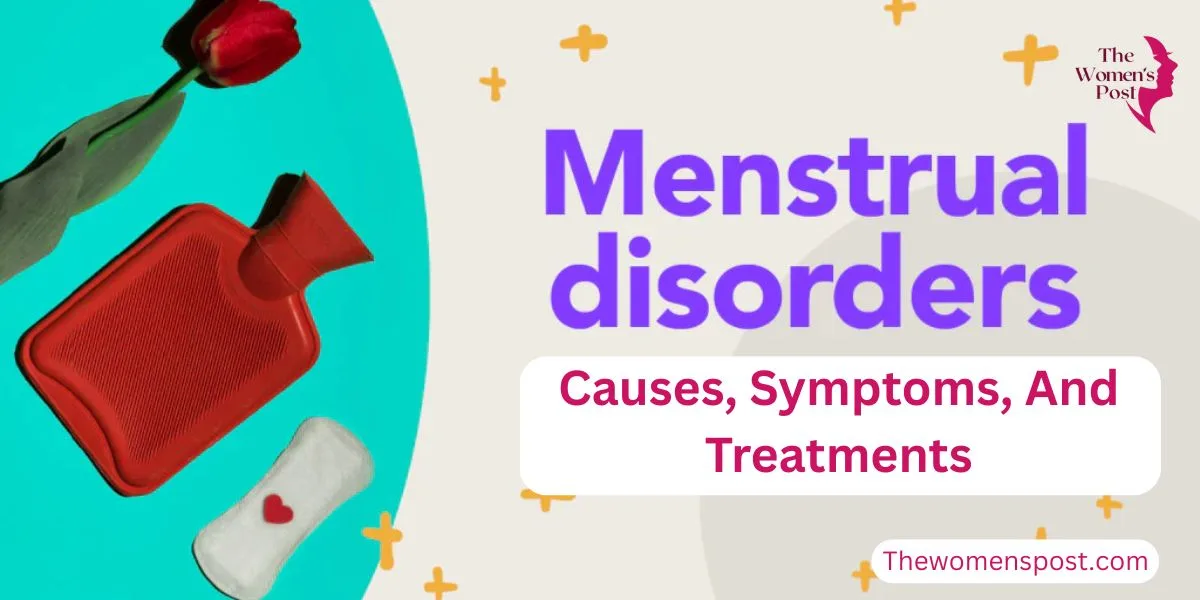If you’ve ever found yourself looking at the calendar, wondering why your period is late (again), or feeling annoyed because the scale refuses to budge, you’re not alone. Polycystic Ovarian Disorder (PCOD) and Polycystic Ovarian Syndrome (PCOS) afflict millions of women, although they remain generally misunderstood. These problems can affect not just your reproductive health, but also your energy, mood, weight, and confidence.
Understanding The Difference
Let’s clear up some confusion: PCOD and PCOS are not synonymous. PCOD occurs when the ovaries produce immature or partly developed eggs, resulting in hormonal abnormalities and, occasionally, larger ovaries. PCOS, on the other hand, is a more complicated metabolic condition that disrupts insulin levels, metabolism, and hormonal balance. It’s like PCOD’s more tenacious and unpredictable relative.
Women with PCOS frequently have elevated amounts of androgens (male hormones), which can cause symptoms such as increased hair growth, acne, and irregular periods. PCOD is more prevalent and typically less severe, but PCOS affects the entire endocrine system, increasing the risk of diabetes, cardiovascular disease, and infertility.
How it feels to live with PCOD and PCOS
If you have one of these disorders, you understand that it is more than just irregular periods or trouble losing weight. It is about feeling deceived by one’s own body. It is about the anguish of trying to conceive and receiving numerous negative pregnancy tests. It’s about being advised to “just lose weight” when your body appears to be fighting against you. It’s stressful, irritating, and sometimes lonely.
Common Symptoms: What Your Body Might Be Telling You
- Irregular periods – You never know when (or if) your period will show up.
- Unexplained weight gain – Despite exercising and eating well, the scale refuses to move.
- Excessive hair growth – Finding thick hair in places you don’t want it, like your chin or upper lip.
- Acne and oily skin – Feeling like a teenager again, but not in a good way.
- Mood swings and anxiety – Some days you’re fine, other days it feels like everything is crashing down.
- Fatigue – Even after a full night’s sleep, you wake up exhausted.
- Dark patches of skin – Noticing dark, velvety patches on your neck, underarms, or groin.
- Difficulty conceiving – Wanting to start a family but struggling to ovulate regularly.
Why does this happen?
If you’re thinking “why me?” you’re not alone. The specific origin of PCOD and PCOS is unknown, although experts suspect a combination of genetics, lifestyle, and environmental factors are involved. Here are a few typical culprits:
- Insulin resistance- Insulin resistance occurs when your body does not digest insulin effectively, resulting in excessive blood sugar levels and increased testosterone production.
- Hormonal imbalances- Disruptions in oestrogen, progesterone, and androgen levels might throw your cycle off course.
- Genetics – If your mother or sister has it, you are more likely to have it as well.
- Stress and inadequate sleep – Chronic stress and uneven sleep habits might make symptoms worse.
Getting a diagnosis is the first step towards feeling better
If you feel you have PCOD or PCOS, you should see a doctor. Diagnosis usually includes:
- A thorough medical history and explanation of symptoms.
- A physical examination to detect acne, hair growth, and weight irregularities.
- Hormone levels can be measured by blood testing.
- An ultrasound to determine whether cysts are present in the ovaries.
Doctors utilise the Rotterdam Criteria for PCOS diagnosis, which requires at least two of the following:
- Menstrual periods can be irregular or missing.
- Excess androgen levels (detected either symptoms or blood testing).
- An ultrasound reveals polycystic ovaries.
Managing PCOD and PCOS: Find What Works for You
There is no miracle cure, but the appropriate combination of lifestyle modifications, medical therapy, and self-care can make you feel better.
1. Food Can Help You Heal
- Balance Your Plate – Fill your meals with fibre, protein, and healthy fats while limiting processed carbohydrates and sugar.
- Anti-inflammatory Power Foods- Include turmeric, ginger, green leafy vegetables, nuts, and seeds in your diet.
- Watch Dairy and Gluten – Some women find that avoiding dairy and gluten helps them feel better.
- Stay Hydrated – Water helps to regulate hormones and digestion.
2. Movement that feels good
- Strength training promotes muscular growth, improves metabolism, and balances insulin levels.
- Yoga and Pilates are excellent for reducing stress and restoring hormonal balance.
3. Medical Assistance When Needed
- Birth control pills- Birth control pills can help regulate periods and minimise androgen-related symptoms such as acne and hair development.
- Metformin – Helps with insulin resistance and blood sugar stabilisation.
- Ovulation Medications – If you’re attempting to conceive, medicines like Clomid can help trigger ovulation.
- Anti-Androgens – Medications such as Spironolactone can assist with excessive hair growth and acne.
4. Mental Health
- Therapy and Counselling – Mental health issues. If you are suffering from anxiety or depression, get professional treatment.
- Support Groups – Talking to other women who understand what you’re going through may be quite reassuring.
- Journaling and mindfulness – Expressing your emotions and practicing mindfulness can help you cope with stress.
What happens if it goes untreated?
Ignoring PCOD or PCOS is not an option. The long-term hazards include:
- Type 2 diabetes is caused by long-term insulin resistance.
- Heart disease is caused by excessive cholesterol and blood pressure.
- Endometrial cancer can result from irregular menstrual periods.
- Infertility and pregnancy difficulties, including gestational diabetes and preeclampsia.
You’re not alone in this
Living with PCOD or PCOS might be intimidating, but you’re not alone. Millions of women are confronting similar challenges, managing the ups and downs and seeking methods to live better, happier lives.
If you see these signs in yourself, don’t wait – consult a doctor, make tiny lifestyle changes, and, most importantly, be nice to yourself. Your body isn’t broken. It only asks for a bit more care and compassion. You deserve it.
Education, self-care, and support are the keys to gaining control over your health. You have got this!
Also read: What Are the Signs of Lung Cancer in Women?





